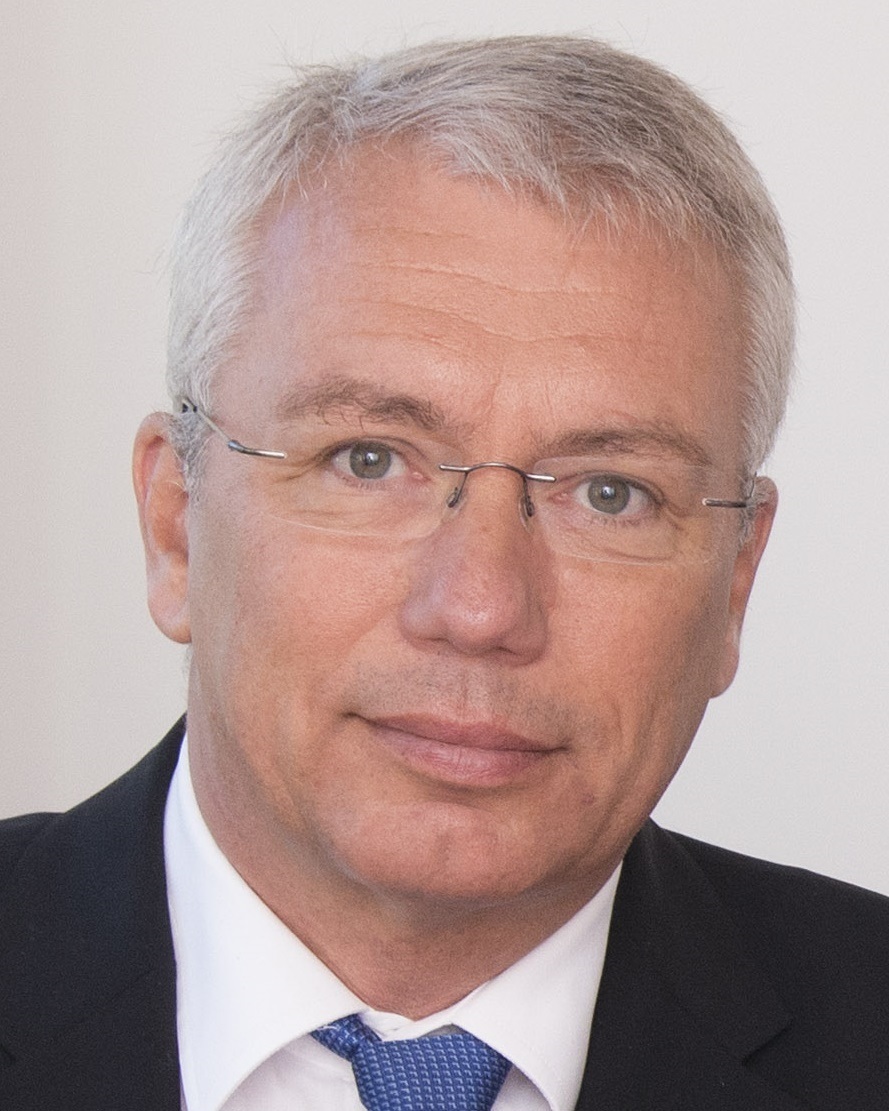Patrick Nossent: "Moving towards sustainable tourism is essential"
Juliette Reitzer

When it comes to sustainable tourism, there are answers to address expectations: whether they come from tourists, investors or local populations, especially with infrastructures and buildings.
The impact of tourism on global market is no secret: 6% of world exportations, 30% of which are services, 260 million jobs (1 job over 11)[1]. France received the highest number of international tourists in 2016[2] and as of January 2016, the country counted more than 156,000 accomodation facilities (hotels, residences, campgrounds, hostels, beds and breakfast...) totaling more thand 5.5 million beds.
Tourism contributes to the training of workers and to developing small and medium-sized businesses. Also, increased participation of local governments in touristic development benefits to the implementation of modern structures for public administration, along with shared responsibilities between the public and the private sectors.
While tourism contributes to cultural exchanges and diversity, it's also a risk for local cultures. They can be upset orturned into a folkloric atraction. Tourism can also compete against other local basic activities for the access to primary resources (water and energy) or infrastructure costs (water distribution and treatment).
That's why moving toward sustainable tourism is essential.
2017 is the international year of sustainable tourism, as proclaimed by the World Tourism Organization (UNWTO). This year, every project, at its own level, must protect local environment, reduce and limit its impacts on climate, and favour the participation of local communities, in order to integrate their needs, their wishes and most importantly, their skills.
Tourists too want to commit to more sustainable approach of tourism. They want more diversified and clearly identified offers. For instance, 68% of French people declare they are ready to choose an environment-friendly destination[3] (sustainable practices of the location can be accounted as a decisive factors).
International bodies are already working on this issue et push regulations to evolve toward collective awareness on sustainability issues. Initiatives are already implemented to facilitate the energy transition of the hotel sector. Until 2010, sustainable initiatives in buildings were limited to waste sorting and reducing water and energy consumptions. Today, the attention expands to the whole life cycle of buildings and infrastructures (from design to construction) along with sustainable management of territories.
The ability to testify on the quality of life in a tourist property park and on preservation of local environment is essential to stand out as a committed actor. It's also an investment leverage for certified sustainability of a project generates value growth, known as "green value". this is confirmed by the latest User Insight[4] survey by BNP Paribas Real Estate: 92% of real estate promoters (all sectors included) say they are sensitive to guarantees on performance criteria when choosinig their future locations. These initiatives draw real estate investors in through green value and sustainable innovation. In 2016, nearly half of surveyed people (48%) said they wanted to increase their investments compared to the previous year. Also, certification is the best way to anticipate future regulations and monitor your current practices to improve them.
In France and around the world, many accommodation facilities already obtained their HQE certification delivered by Cerway and Certivéa or energy labels to credibly show their performance in sustainability of their buildings and territories.
HQE certified by Certivéa or Cerway hence becomes a reference for actors of sustainable tourism who want to reinforce and promote their sustainble development approach applied to territories, construction and management of their buildings.
[1] UNWTP, yearly report 2015
[2] Le Monde, Février 2017 http://www.lemonde.fr/economie-francaise/article/2017/02/10/la-france-reste-la-premiere-destination-touristique-mondiale-malgre-des-chiffres-en-baisse-en-2016_5077855_1656968.html
[3] S.04 Eurobaromètre – Commission européenne, Attitudes des citoyens européens vis- à-vis de l’environnement

en cliquant ici.



